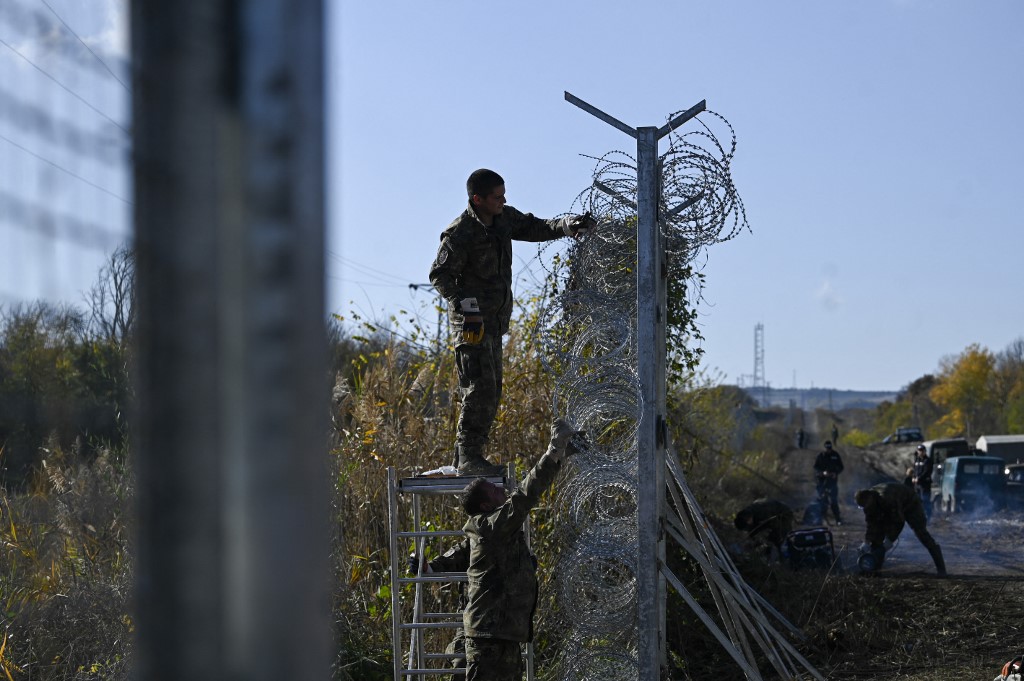
A significant shift has emerged recently regarding the EU’s asylum and migration policy.
Germany and France are now supporting Denmark’s efforts for reform.
Germany’s Interior Minister, Alexander Dobrindt, stated unequivocally at an EU interior ministers’ meeting in Copenhagen that “Germany will no longer be a brake on combating illegal migration.”
This announcement followed a migration meeting hosted by Dobrindt with representatives from France, Poland, Austria, the Czech Republic, and Denmark the previous week.
Discussions included increasing repatriations to Syria and Afghanistan, bolstering the EU’s border agency Frontex, and collaborating with non-EU countries to manage migration.
This signals a departure from the previous “Welcoming Culture” that characterized former Chancellor Angela Merkel’s approach when Germany opened its borders to over a million migrants in 2015.
“Germany is rejoining the coalition of European nations aiming to reduce illegal migration,” Dobrindt remarked.
Germany is now aligning with Denmark’s longstanding push to relocate asylum applications outside Europe and set up repatriation centers beyond its borders.
French Interior Minister Bruno Retailleau is also advocating for substantial progress:
“This is a democratic issue. Across Europe, regardless of government ideology, there is a common demand from citizens.”
“They want us to regain control over migration, which we have entirely lost,” Retailleau stated in Copenhagen.
He seeks to enhance the EU Commission’s proposed new repatriation directive:
“Currently, EU nations are ineffective regarding forced repatriations. We need to improve our effectiveness,” said Retailleau.
Kaare Dybvad Bek, Denmark’s Minister for Immigration and Integration, notes a growing consensus among EU nations in favor of establishing repatriation centers outside the EU.
“Half of asylum seekers in Europe are denied asylum, yet only a quarter are returned to their home countries,” Bek explained.
He pointed out the potential for substantial impact stemming from Germany’s shift in asylum and migration policy.
“Innovative solutions backed by a significant country like Germany can make a significant difference, and I am optimistic about their success,” Bek stated.
However, two major challenges remain.
Firstly, any interventions must comply with human rights and national constitutions.
This could pose issues for both Germany and France, as both have constitutional protections related to asylum. France, in particular, faces constitutional hurdles:
“While innovative solutions may face obstacles, the establishment of repatriation centers does not,” Retailleau affirmed. “I support any measures that enhance the effectiveness of repatriations.”
The European Union Agency for Fundamental Rights has cautioned that repatriation centers must not become “rights-free zones.”
Each case must undergo individual assessment, and EU laws prohibit arbitrary detention or the transfer of individuals who may face “serious harm or inhuman or degrading treatment,” according to the agency.
The most complex challenge may lie in ensuring that third countries hosting these centers adhere to EU rights standards.
Nonetheless, EU Commissioner for Home Affairs and Migration, Magnus Brunner, remains determined. He advocates for “migration diplomacy” to forge agreements with non-EU nations.
“We need to prioritize migration when discussing trade and other issues with third countries,” Brunner emphasized. “It is crucial for us to convey the importance of migration to Europe,” he concluded.




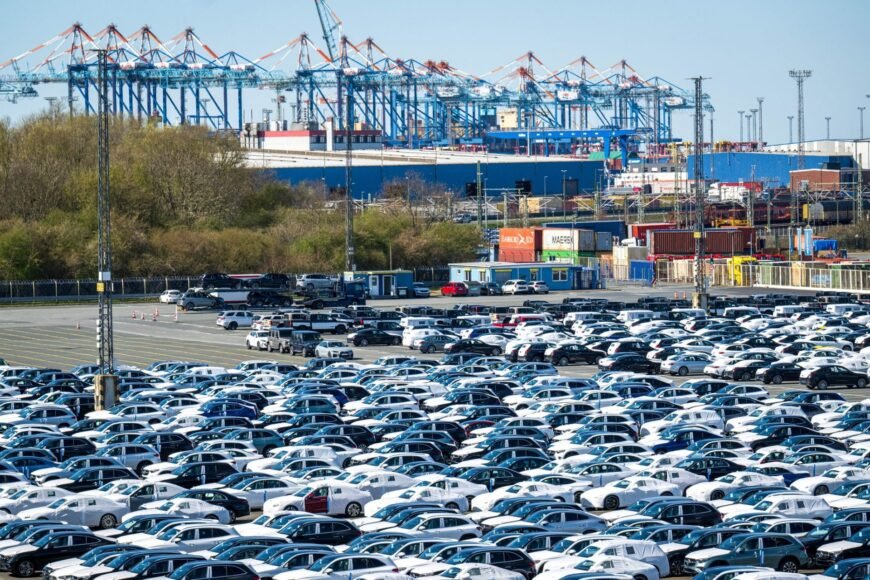
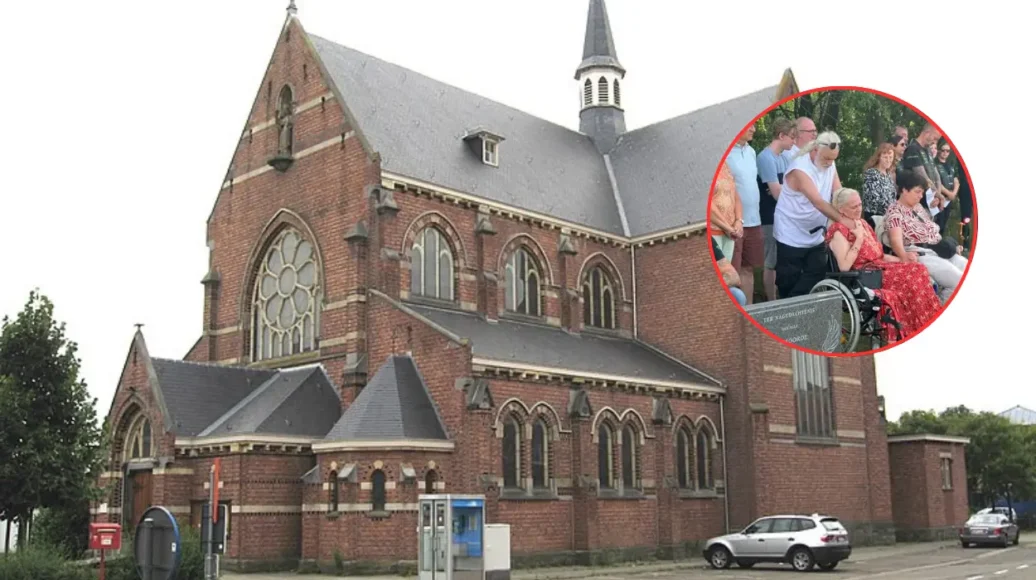
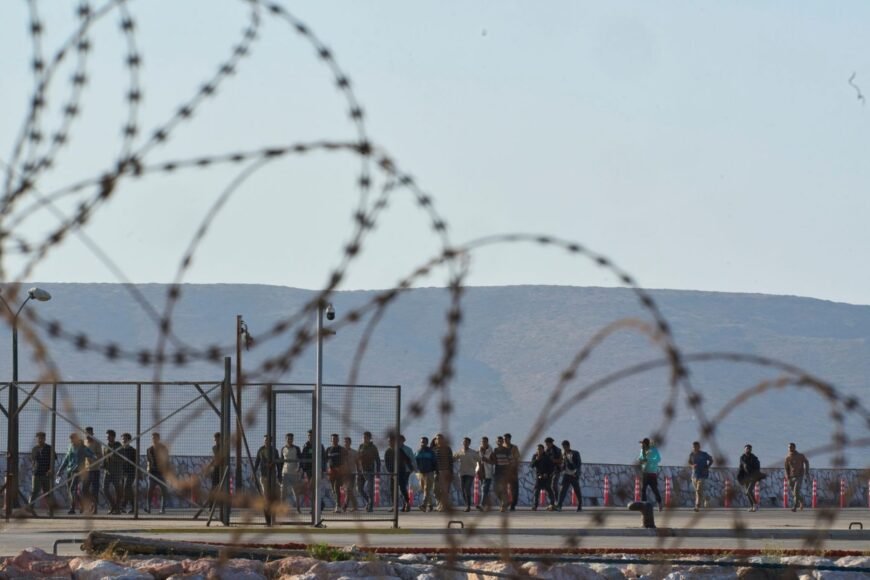
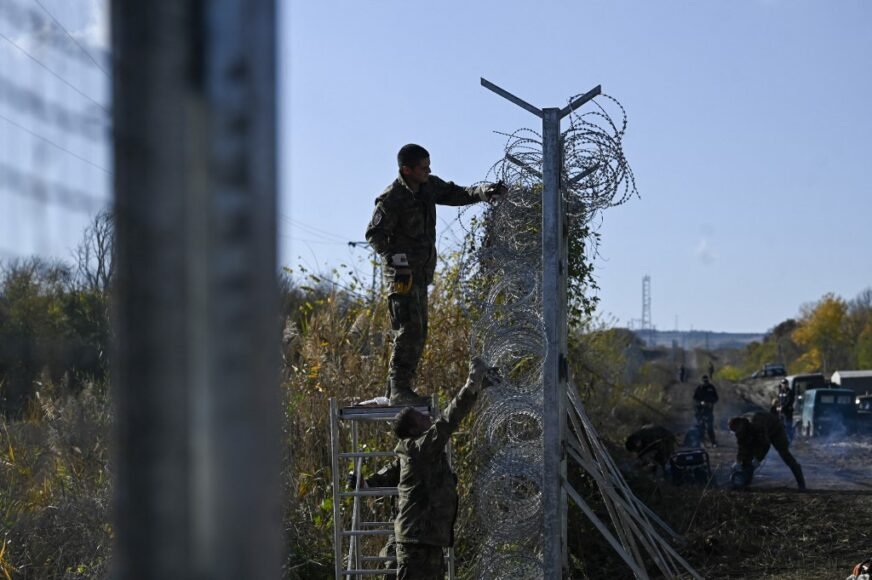

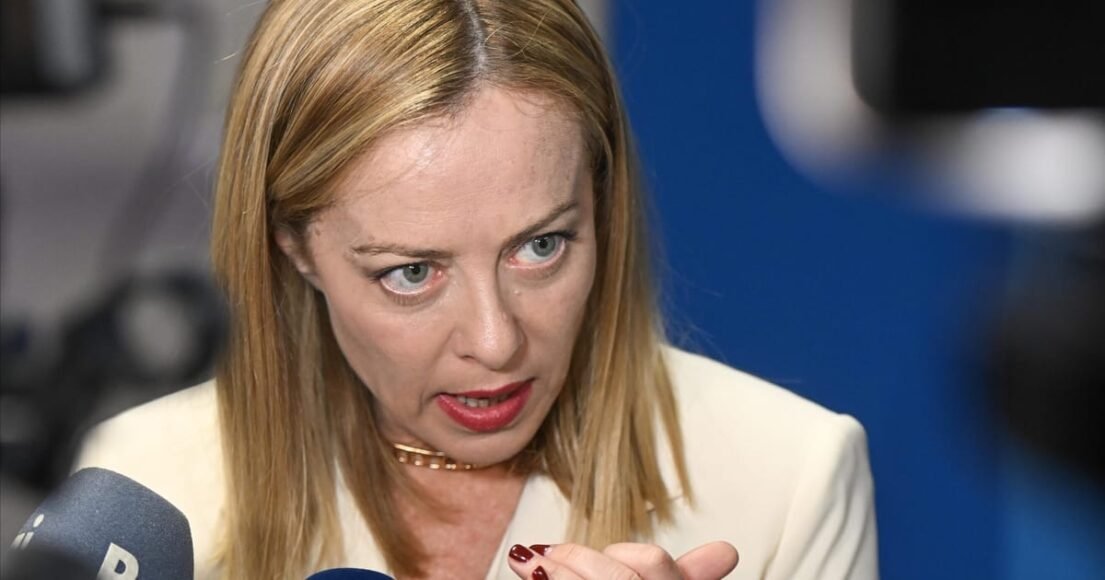
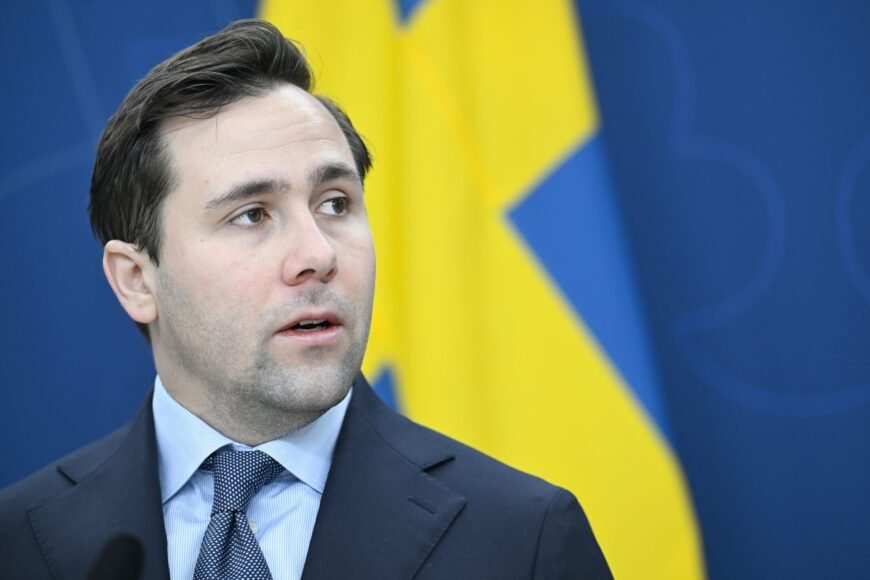

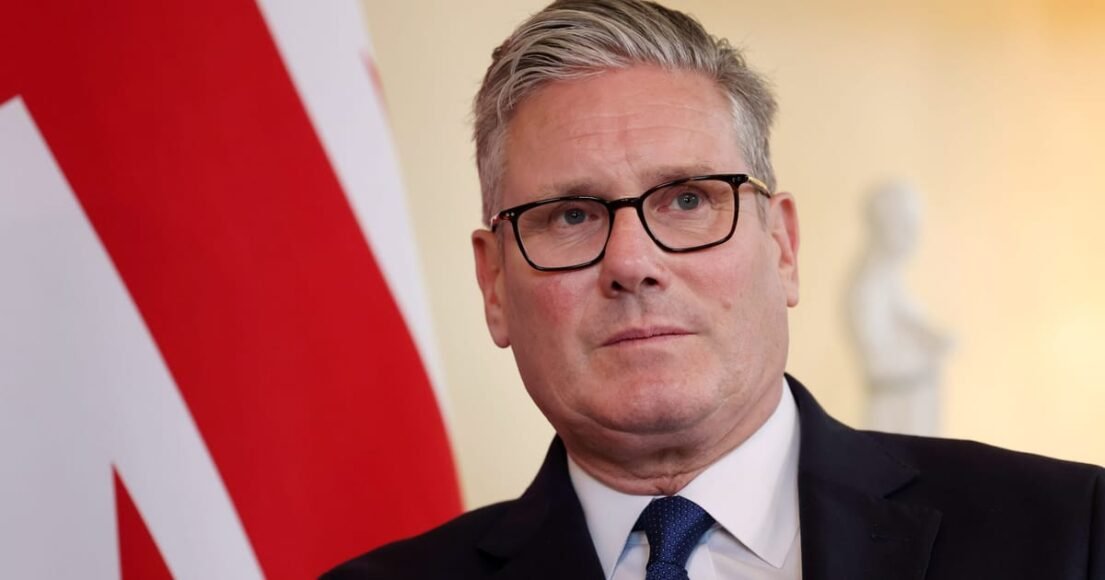
Leave a Reply